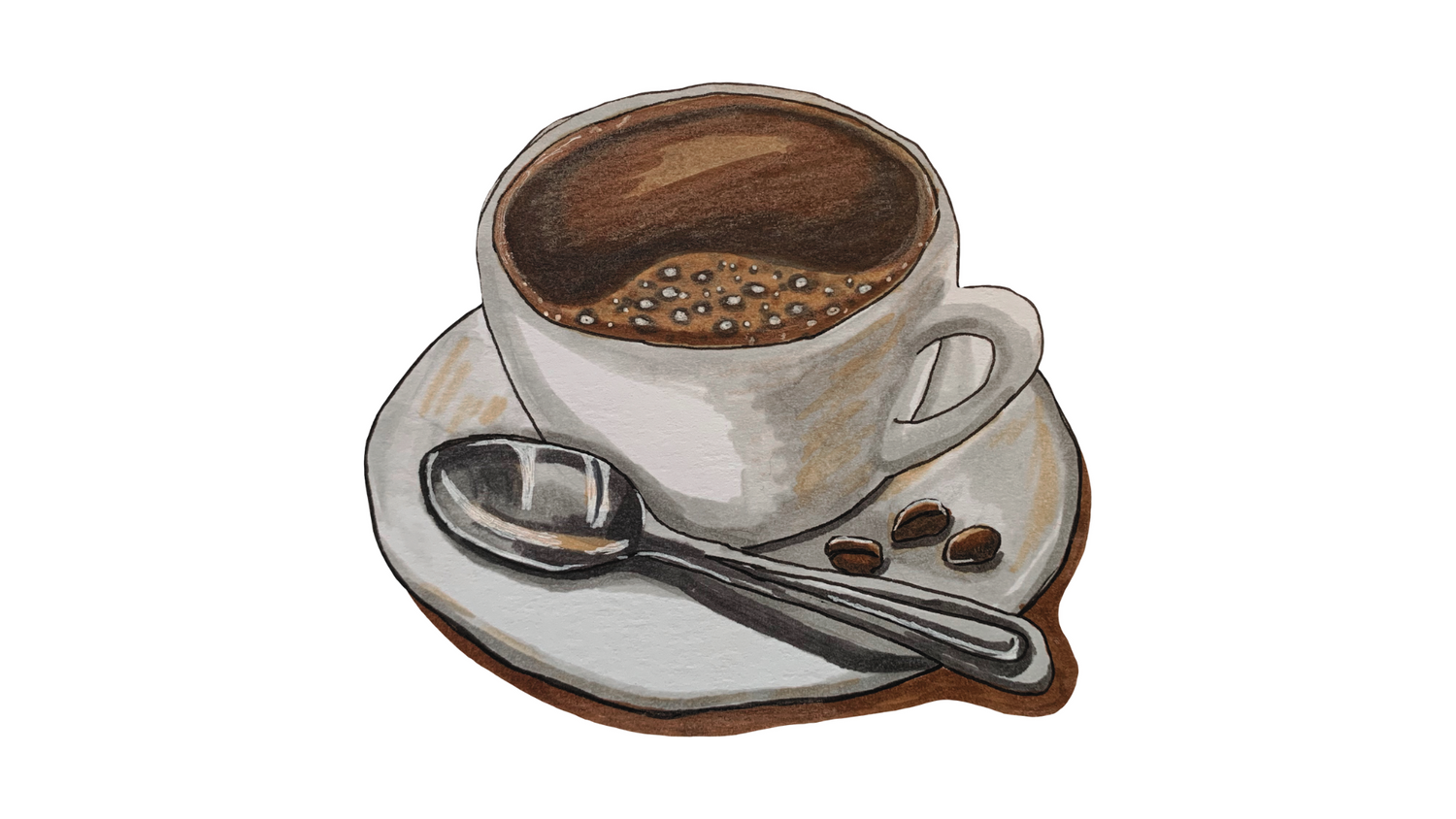"The hardest part about exercise is getting started, then, once you get into it, the hardest part is stopping." - Mark Twain
Let's break down and explore the quote: "The hardest part about exercise is getting started, then, once you get into it, the hardest part is stopping," which is often attributed to Mark Twain. This quote encapsulates the common struggle many people face when it comes to exercise and habit formation. We'll delve into this quote both on a primary and philosophical level, and also consider practical ways to apply this concept to our daily lives.
> Primary Level Analysis
Getting Started:
- Initial Resistance: The first part of the quote highlights the common struggle many people face when beginning an exercise routine. For instance, imagine a person who has been leading a sedentary lifestyle for years. This person might find it challenging to break out of their routine and start exercising due to various factors such as lack of motivation, fear of discomfort, or simply the comfort of their sedentary lifestyle.
- Overcoming Inertia: Starting any new habit requires overcoming inertia. In simpler terms, inertia is the tendency to stay in the same state of rest or motion unless acted upon by an external force. Similarly, our habits and routines resist change, and it takes effort to break free from this resistance and start something new.
Once You Get Into It:
- Momentum and Enjoyment: Once you overcome the initial hurdle and start exercising regularly, you begin to build momentum. In the context of exercise and habit formation, momentum refers to the gradual increase in the frequency and intensity of your workouts. The body starts to adapt, and you may even start to enjoy the process, which further fuels your momentum and makes it easier to maintain your exercise routine.
- Endorphins and Routine: Regular exercise releases endorphins, the "feel-good" hormones. These are chemicals produced by the body that help relieve pain and stress and promote feelings of pleasure and well-being. When we associate these positive feelings with exercise, it can make the activity enjoyable and something to look forward to, thus contributing to the formation of a positive habit.
Stopping Becomes Hard:
- New Routine: When exercise becomes a part of your routine, stopping it can feel challenging because it disrupts the new, positive habits you've formed. The body and mind start to crave the benefits of exercise, such as improved mood, better health, and increased energy. These rewards can inspire you to keep going.
>> Philosophical Level Analysis
Overcoming Initial Resistance in Life:
- Life Challenges: The initial struggle to start exercising is a metaphor for any challenging endeavour. Whether it’s learning a new skill like playing a musical instrument, starting a project like writing a book, or making a significant life change like moving to a new city, the hardest part is often just taking the first step.
- Action and Growth: The quote emphasizes the importance of action, both on a primary and philosophical level. On the primary level, taking that first step, despite the resistance, leads to personal growth and development. On the philosophical level, it symbolizes the courage and determination needed to overcome any challenge in life, leading to personal growth and development.
Building Positive Habits:
- Habit Formation: Once the initial resistance is overcome, the formation of a positive habit creates a new routine that enhances our life. This can apply to various aspects of life such as education, career development, or personal relationships. The joy and satisfaction that come from these positive habits can become a source of motivation, making it difficult to stop once started.
- Self-Improvement: The enjoyment and benefits of these positive habits can become a source of motivation, making it difficult to stop once started. This leads to continuous self-improvement.
>>> Practical Application in Daily Life
1. Exercise Routine:
- Start Small: Begin with short, manageable workouts, such as a 10-minute walk each day. Gradually increase the duration and intensity as you become more comfortable.
- Schedule It: Set a specific time each day for exercise to build it into your routine. Treat it like a necessary appointment you can’t miss.
2. Learning New Skills:
- Break It Down: Start with small, achievable goals. For instance, if learning a new language, start with 10 minutes of vocabulary practice daily.
- Consistent Practice: Dedicate a specific time each day for practice, which helps form a habit.
3. Personal Projects:
- Set Clear Goals: Define what you want to achieve and break it down into smaller steps. For example, if you want to write a book, start by writing 100 words a day.
- Daily Progress: Make a little progress every day. Over time, these small steps accumulate and create momentum.
4. Healthy Eating:
- Simple Changes: Start by making minor changes to your diet, such as adding vegetables to each meal.
- Routine: Gradually incorporate more healthy foods and make it a routine.
5. Mental Health and Mindfulness:
- Begin with Minutes: Start with a few minutes of meditation or mindfulness exercises daily.
- Regular Practice: As it becomes a part of your routine, you may find it hard to skip because of the benefits you experience.
Understanding and applying this concept can make significant positive changes in various areas of your life. The key is to take the first step, build momentum, and let the new, positive habits become integral to your daily routine.
_________________________________________________________________
Hey there, thanks for reading The Flex! Don't miss our exclusive updates—subscribe to our FREE newsletter now! You'll get all the latest news straight to your inbox, and you can unsubscribe anytime. In the meantime, stay fit and take care of yourself. See you in the next one!




